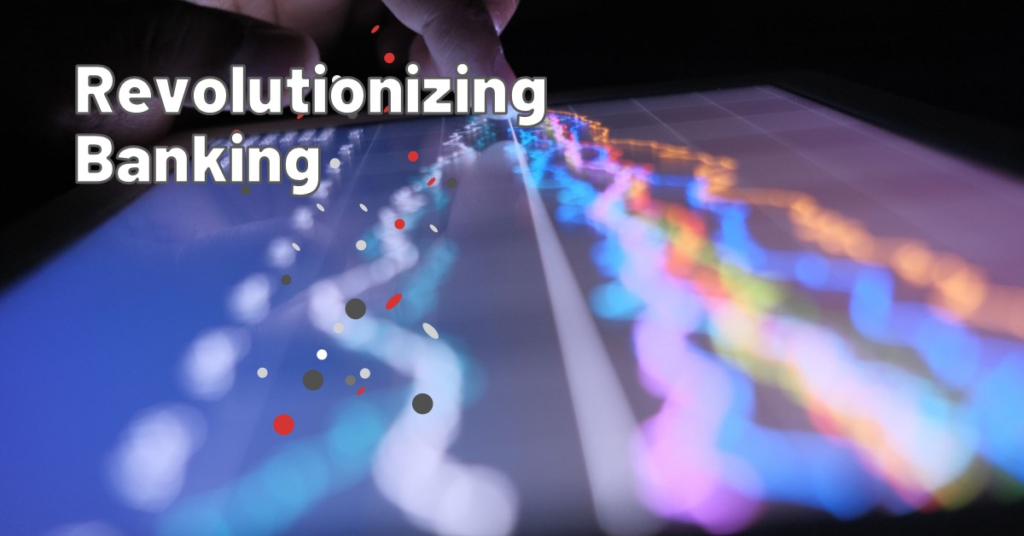In the ever-evolving landscape of the banking sector, real-time data intelligence stands as a revolutionary force, reshaping the way decisions are made. As banks grapple with increasing competition, regulatory pressures, and customer expectations, the adoption of advanced data analytics has become a critical factor in staying relevant and efficient. This article explores how real-time data intelligence is catalyzing significant changes in decision-making processes within banks, using the latest statistics and insights from industry leaders.
The Role of Real-Time Data Intelligence in Modern Banking
Real-time data intelligence refers to the technology used to analyze and act upon data as it is generated, without delay. This immediacy allows banks to respond dynamically to developments, from fluctuating market conditions to customer interactions, thus optimizing operations and enhancing customer experiences.
One key area where real-time data analytics is making a mark is in risk management. Traditionally, banks have relied on historical data to gauge risk, often resulting in outdated strategies that cannot adequately address rapid market changes. However, with real-time data, banks can now detect fraud as it happens, evaluate credit risk more accurately, and ensure compliance more effectively. A report by McKinsey highlights that real-time risk management tools can reduce operational risks by up to 30%, enhancing the overall security and stability of banking operations.
Another transformative application of real-time data is in personalized banking services. Banks are now capable of understanding and predicting customer needs and behaviors instantaneously. This ability not only boosts customer satisfaction but also drives revenue growth through targeted product offerings and personalized marketing strategies. According to a study by Adobe, banks that leverage real-time customer insights see a 10% increase in customer retention rates, underscoring the value of immediate data utilization.
Enhanced Decision-Making Through AI Data Intelligence and CRM
Integrating AI data intelligence with Customer Relationship Management (CRM) systems presents a formidable tool for banks. AI algorithms analyze vast amounts of real-time data to provide insights that empower decision-makers. From predicting market trends to understanding customer sentiments, AI-driven CRM systems enable banks to make informed decisions swiftly and accurately.
A notable example of a company aiding banks in harnessing the power of AI data intelligence and CRM is P99Soft. By providing sophisticated AI solutions that integrate seamlessly with existing CRM frameworks, P99Soft helps banks enhance their decision-making processes. Their tools allow for the automation of routine tasks and the generation of predictive insights, leading to better resource management and customer engagement.
Talent Management in the Age of Data
The impact of real-time data isn’t limited to external banking operations; it also revolutionizes internal processes such as talent management. Real-time analytics can track employee performance, identify skill gaps, and optimize workforce allocation. The agility offered by these insights ensures that banks can adapt their human resources strategies to meet ongoing challenges effectively.
Impact on Compliance and Regulatory Adherence
In a sector as heavily regulated as banking, compliance is paramount. Real-time data intelligence provides banks with the tools to monitor and adhere to regulatory requirements continuously. By automating compliance processes and providing instant reports, banks can avoid the hefty fines associated with non-compliance and maintain their reputation in the industry.
FAQs: Understanding Real-Time Data Intelligence in Banking
1. What is real-time data intelligence?
Real-time data intelligence involves processing and analyzing data immediately as it becomes available, allowing businesses to make decisions based on the very latest information.
2. How does real-time data intelligence enhance customer service in banks?
It enables banks to offer personalized services and real-time solutions to customer queries, enhancing satisfaction and loyalty.
3. Can real-time data intelligence reduce operational costs for banks?
Yes, by optimizing processes and automating routine tasks, it significantly cuts down on manpower and operational costs.
4. How does AI-enhanced CRM benefit banks?
AI-enhanced CRM helps banks analyze customer data effectively, predict behaviors, and tailor services to individual needs, boosting both customer satisfaction and profitability.
5. What role does real-time data play in risk management?
It allows banks to detect and mitigate risks as they occur, rather than relying solely on historical data, leading to more effective risk management strategies.
Conclusion
The integration of real-time data intelligence in the banking sector is not just a trend; it’s a comprehensive evolution that is setting new standards for how banks operate and interact with their customers. Companies like P99Soft are at the forefront of this change, providing the tools necessary for banks to leverage the full potential of AI data intelligence and CRM systems. As we continue to witness advancements in technology, the role of real-time data in banking will only grow stronger, paving the way for more responsive, efficient, and customer-centered banking practices.
What possibilities do you think the future holds for further integration of real-time data in banking?
